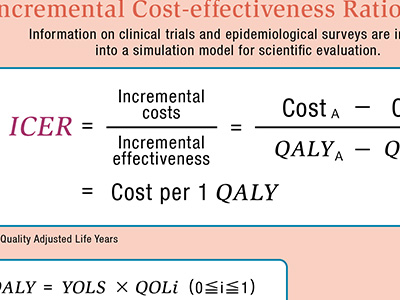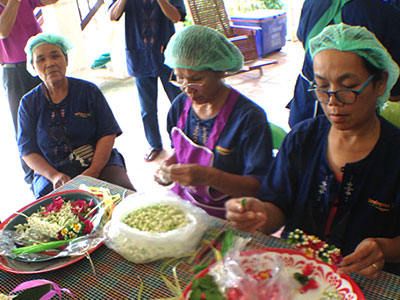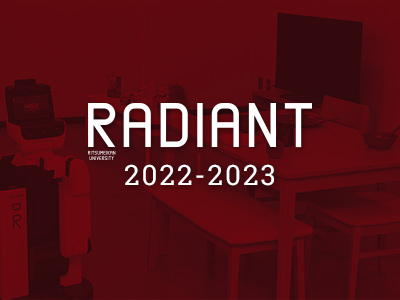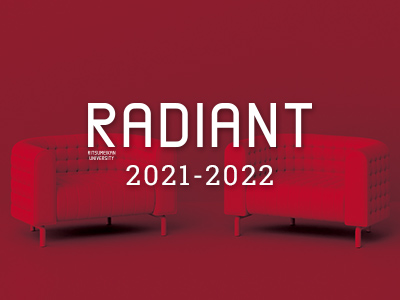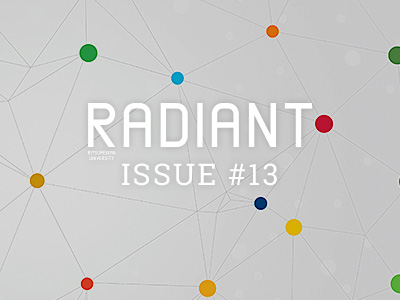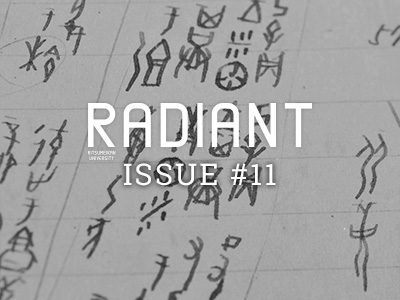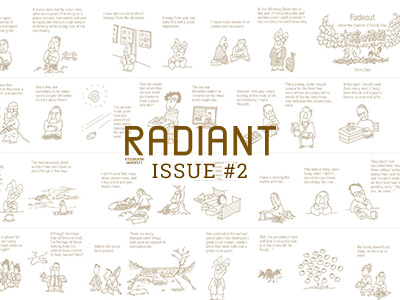STORY #7
A Smart Way of Working
That Focuses on Flow
Ryusuke Kosuge
Associate Professor, Graduate School of Management
A manner of thinking that originated in Japan and has been adopted by Swedish society
“Swedish society has adopted an idea that originated in Japan to establish a smart way of working,” says Ryusuke Kosuge. “But now, it’s time for Japan to learn from this Swedish initiative.”
Japan is confronted with many challenges in the form of its declining birthrate and aging population, as well as a decrease in the number of working people to support the economy. While a variety of reforms have been proposed to get more women and the elderly into the workforce as well as to promote work-life balance, an important challenge for companies is the pursuit of higher productivity in a sustainable manner. Sweden—the country that pioneered such initiatives as well as the “six-hour working day”—rather surprisingly looks at the Toyota Production System as a model.
“In Japan, the Toyota Production System gives the impression of striving to eliminate waste at production sites, but its essence is to create a seamless flow of value to customers,” explains Kosuge. In the 1980s, an American research team discovered this point when it was exploring the strengths of the Japanese automobile, labeling it a “lean” production. Creating a “flow of value” refers to identifying what customers want and subsequently reducing muri-muda-mura (overburden, waste, and unevenness), in order to create greater value with fewer resources. In particular, Sweden promotes lean efforts at a nationwide level; and not only manufacturing companies but also public service organizations such as hospitals, tax offices and schools earnestly put them into practice.
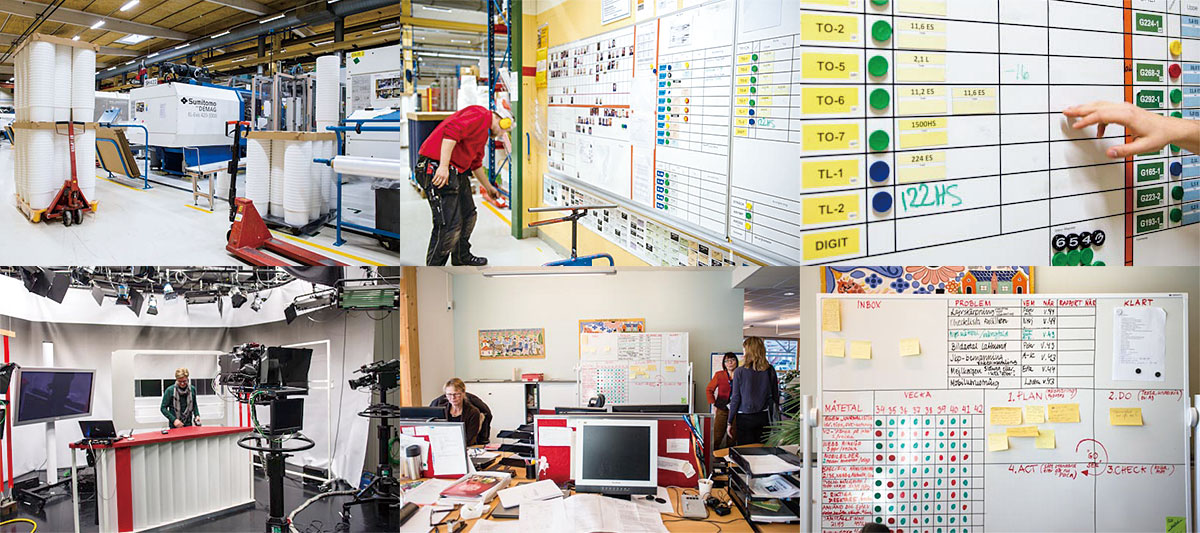
Whether in a factory (top) or a TV station (bottom), information regarding the current status of processes is “visualized” on whiteboards to facilitate problem solving and improvement activities. Originating in Japan, the concept of “lean” has now become a Swedish standard.
When practicing the idea of “lean” in services, it is important to create a flow in the process whereby customers receive value. Here, instead of thinking from the provider’s viewpoint, it is necessary to think from the customer’s viewpoint. In Sweden, long wait for healthcare services has been a serious issue, and more and more healthcare provides are adopting the “lean” concept to address it. By improving the flow in the process from admission to an emergency ward until discharge, many hospitals have reduced waiting times in their emergency wards and increased the total number of patients treated. There is even a report that implementing “lean” in the regular breast cancer screening process from the first visit to a doctor until the receipt of a diagnosis was reduced from 42 days to two hours: the process became five times more efficient.
Creating a flow of value involves changing our basic way of working. In particular, emphasis needs to be put on ensuring quality. Through visualizing information regarding the current status of processes, problem solving as a team is facilitated. With the goal of perfecting quality, improvement activities are conducted on a daily basis. Nowadays, in Swedish workplaces, it is not uncommon to see workers at various levels engaged in improvement meetings in front of a whiteboard. It should be noted that such a systematic way of working boosts worker morale too. It can prevent confusion and redundant repetition of tasks and thereby make workers feel that they are doing something that really adds value. Also, close teamwork with others leads to a sense of solidarity. Above all, the idea of continuously pursuing a better flow gives a sense of challenge. In essence, people development is at the heart of “lean.”

One reason for the penetration of the “lean” concept in Sweden is Swedes’ pragmatic and flexible way of thinking. Initially, there was some resistance to the “lean” concept because it was associated with Japan and Toyota. Lately, however, it is seen to be consistent with the Swedish work culture. For example, the emphasis on respect for individual autonomy in Sweden can promote workers’ creative input for creating a better flow. In addition, Swedish style of dialogue in which everyone participates equally regardless of their position lends itself to improvement activities. In fact, through mutual learning among industries, Sweden seems to be successfully integrating the “lean” concept into its work culture. This would be called “Swedish-style lean.”
Japan is now in a situation where it needs to rethink its conventional ways of working. Kosuge considers that the first thing Japan needs to learn from Sweden is its point of observation—meaning that we should first identify the hints that are close at hand, put them into practice, and accumulate innovations. It is ironic that a concept that originated in Japan has not penetrated in Japan. The thing is that, in Japan, there is a preconception that “manufacturing and the services are completely different” because of its well-established manufacturing excellence. It is this preconception that Kosuge is trying to address: “As a researcher, I want to capture and highlight the essence of creating a ‘flow of value’ while identifying the unique challenges faced by various industries.”
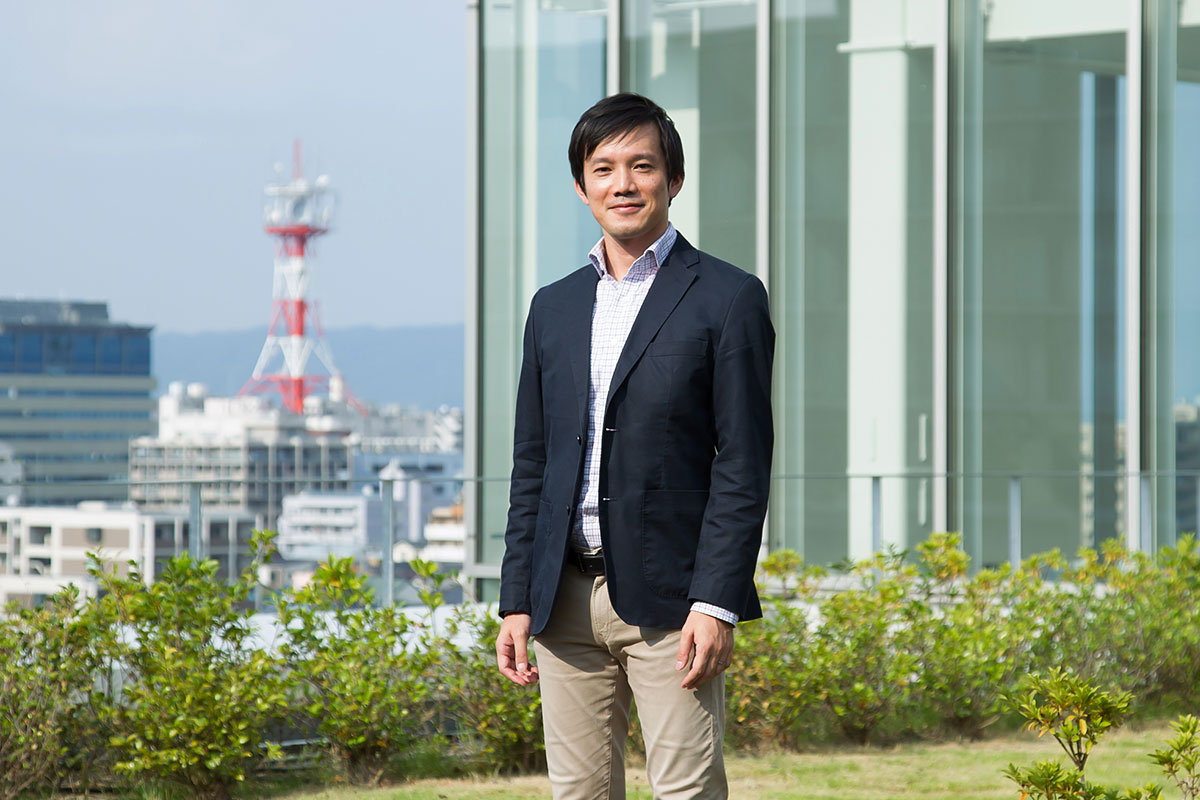
Ryusuke Kosuge
Associate Professor, Graduate School of Management
Subject of Research: Development of a customer experience-oriented organization
Research Keywords: Service management, marketing, consumer behavior






